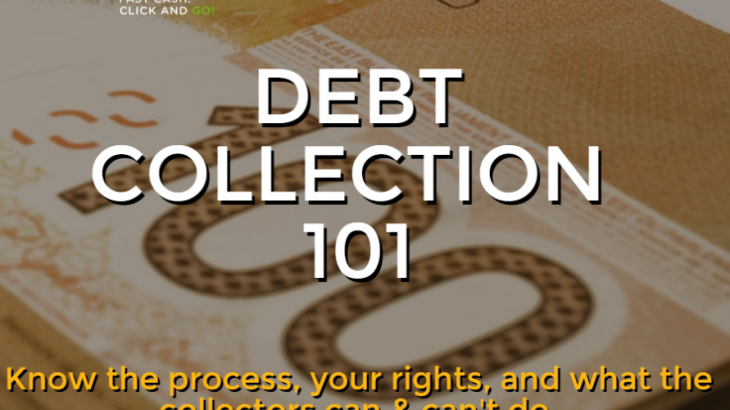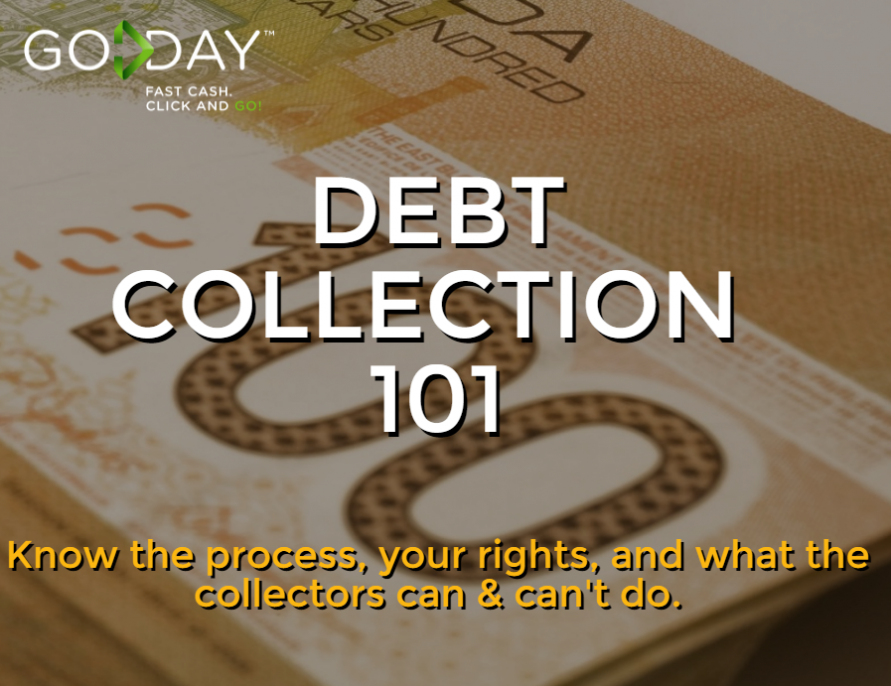You’ve probably heard half a dozen horror stories regarding debt collection. Demanding calls at almost all hours of the day, being contacted at work, or learning that your references are being called constantly is a common occurrence in the collections world. While this might not make those of you who are in “collections world” feel much better, know that it’s not something corporations want to do, either. It’s all around a negative experience. The bad news, for the consumer, is that they’re really quite good at it.
Having a bill go to collections is already a sign that the consumer is significantly past due on their amount owing, and many take on a “throw in the towel” mentality once they see a bill go into collections.
While we would never even dream of preaching, “just pay your bills“, we do want to teach you about the differences between in-house collections and third-party. The good news is that in-house collections are generally much, much easier to deal with, not to mention, much friendlier.
In-House Collections Departments & Third Party Collections Agencies
Many companies have a payments department that attempt to collect on outstanding debts in-house (first party. Reasons for this are simple and they’re the first people you want to be dealing with if you have the intention to repay your outstanding balance. In-house departments are generally very willing to work with you to collect the amount owing, often going to great lengths to work with your budget and your schedule. A successful “repayment plan” with an in-house collections department is the best way to go in terms of ensuring future ability to borrow again/purchase again.
If you’re a bit past due, you will most likely get a very basic reminder by phone or mail. If return contact or payment isn’t made, what generally happens next is the release of an additional reminder that will probably sound a bit more firm in tone. Sometimes, a reference might be contacted (if you provided one) or they might try to reach you at work. If these methods fail, a final notice will be sent that generally includes a warning of what could happen if your debt is sent to a third-party agency.
Some companies send out “demand letters”, but these are used in only the most extreme circumstances (as their very tone can damage the relationship a company has with their customer). At the end of the day, a business just wants payment for the product or service rendered and the last thing they want to do is damage the relationship they have with you.
Even if you’re going to be 5 days late with a bill, or if you can’t pay it in full, it’s important to call who you owe and request a payment plan. It can keep your account in relatively good standing, and prevent a bill from being sent out-of-house. However, once in-house collections options are exhausted, or if the consumer simply ignores them, at a certain point the company can choose to outsource their collections efforts, and that is when it can start to get ugly.
If your debt does end up in third-party collections, and you think you will be able to repay your outstanding balance, make an arrangement! They’ve got a job to do and will be more than willing to close your account.
What Collection Agencies Can Do
Collection agencies are regulated in Canada. Each province has specific legislation that regulates when collectors can call, how they can contact you and how often. In Ontario, collection agencies can;
-Send you a letter in the mail telling you of their intent to collect on behalf of the company that hired them. This letter must include the amount owed, the name of the creditor & the name of the agency collecting on behalf of the creditor.
-Call you, within the hours permitted by legislation, to discuss and remind you of your debt.
-Report your debt to a credit bureau.
What Collection Agencies Cannot Do
Though collection agents can indeed call you and demand repayment of debt that is legitimately yours, there are very specific things they cannot do, including;
-Sending you a notice by email. They must send you a written notice by traditional mail.
-Continue to contact you if you have referred them to a lawyer.
-Giving misleading or false information about you or to you.
-Continue to contact you if you have sent them a registered letter saying you are disputing the debt.
-Contacting you on Sunday, (except between the hours of 1pm & 5pm) or on a statutory holiday.
-Use threatening, profane or overly aggressive language.
-Add additional charges to the creditors amount. They are only allowed to collect only what you owe. An important thing to note is that the amount you owe can continue to increase, depending on the terms and conditions you had with your creditor.
Click here to learn more about Collection Agency Regulations in Canada




